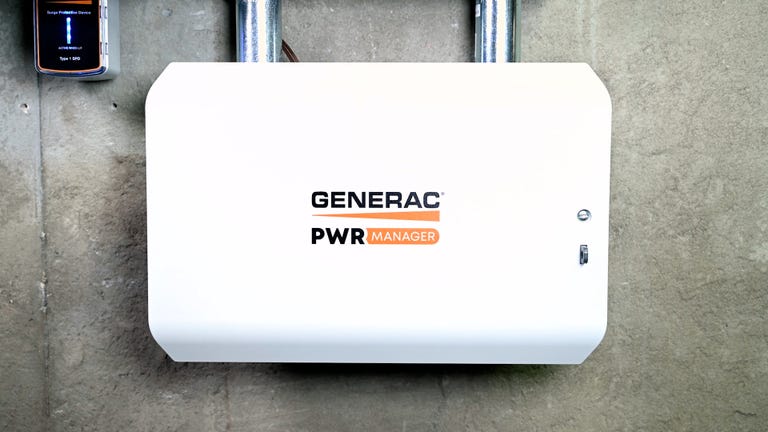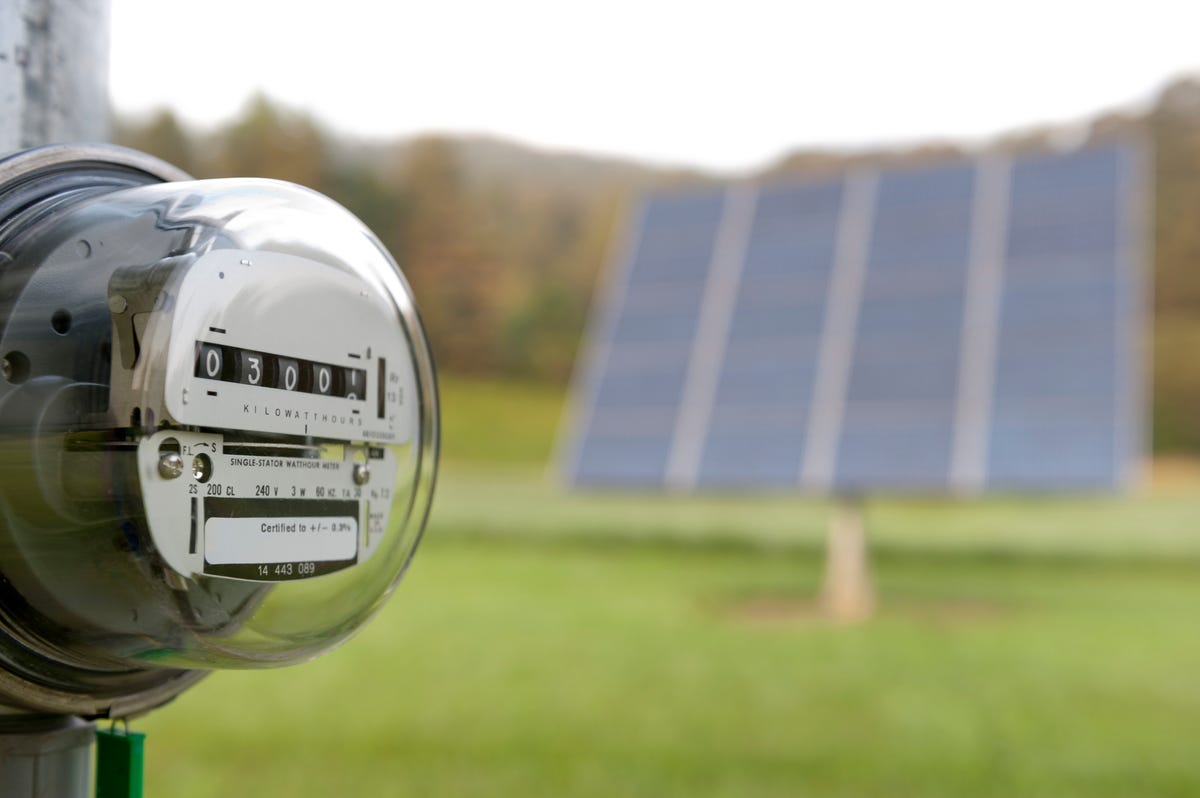Every day Earth is showered with free energy that anyone can tap into, so long as they’ve got the right technology. Fortunately, that tech is abundant and getting easier to access as mass-produced solar panels become cheaper.
Amid the climate crisis and rising energy costs, a solar energy system is one way you can help reduce your carbon footprint. While installing panels still takes a decent chunk of change, there are plenty of incentives that lower the upfront costs. But it’s still far from a simple process.
Going solar is a major decision that requires research and due diligence. To get you started, we’ve compiled a breakdown of key pros and cons.
Can solar panels save you money?
Interested in understanding the impact solar can have on your home? Enter some basic information below, and we’ll instantly provide a free estimate of your energy savings.
Are solar panels worth it?
That depends on your circumstances.
“It depends on what is motivating the household to make the decision to [install] solar,” Becca Jones-Albertus, director of the US Department of Energy Solar Energy Technologies Office, told CNET.
If you’re looking to be 100% energy independent or live off the grid, solar could be a good way to reach those goals. If your state has robust net metering or you have high energy costs, your solar panels could start saving you money in (relatively) short order. If you aren’t planning on moving for many years or have reason to believe the short-term energy savings and the boost to your home’s value will recoup your investment, solar could pay off.

Solar panel pros
Solar panels use photovoltaic cells to harness radiation from the sun and convert it into electricity. They’re an emissions-free energy source that reduces your carbon footprint. But the environmental benefit is just one of many.
Cheaper electric bill
By going solar, residential energy consumers can see significant savings in their home energy bills. Electricity prices were up 5.4% for the 12-month period ending in June, according to the Consumer Price Index. Depending on its size and your energy needs, a solar panel system can reduce or eliminate your electric bill.
Energy independence
Residential solar panels allow you to pull less energy from the grid. With the addition of solar batteries, solar panels could make your home self-reliant and independent from the electric grid. Solar batteries store energy created during sunny hours, allowing it to be used at night or on cloudy days. Choosing between an off-grid or grid-tied system will depend on your personal energy goals.
A solar system with a battery can help you power your home during an outage or blackout. Overall, solar panels add stability and flexibility to the electricity you get from the grid.
Cleaner energy source
By installing solar panels on your home, you’re increasing the amount of clean, carbon-free energy generation available. (Manufacturing solar panels typically produces some greenhouse gas emissions, but far fewer over their lifetime than fossil fuel alternatives, like coal.) The electric power sector contributes up to 25% of all greenhouse gas emissions nationwide, according to the EPA. Using renewable energy helps reduce the use of fossil fuels and their harmful emissions.
Improved home value
Installing solar panels typically increases the overall value of your home. Solar panels can add around $15,000 of value to your home and help your house sell quicker than houses without solar, according to the US Department of Energy’s Lawrence Berkeley National Laboratory.

Net metering may not be available, depending where you live.
Geographic location also has an impact on your solar panel’s efficiency. For example, Alaska residents see fewer sunny days per year compared to Florida, where sunny days are above the national average.
Solar storage is an additional expense
If you want to store energy from your solar panel system so you can power your home at night, solar batteries are a must. But they’re not cheap. In fact, the addition of solar batteries could double the total cost of a solar system.
Solar panels have an environmental impact
The manufacturing of the components that make up a solar panel system has an impact on the environment making the “energy payback” timeline a factor to consider. However, when it comes to greenhouse gases, solar panels pay for themselves within one to four years of use, according to a report by the Office of Energy Efficiency and Renewable Energy.
Solar panels are not easily transferable
Solar panels typically stay with the house if you sell it. If you plan to move or sell your home before your payback period is up, you may never actually see a return on your investment, though solar panels have been shown to increase home values.
When is going solar worth it?
Just like investments accruing interest over the years, solar panels on your property extract value over time. Because they create something valuable — electricity — each time the sun rises in the sky, which it does pretty reliably, it’s relatively easy to estimate their worth.
While it depends on local energy prices, available sunlight and your own energy use, a general rule of thumb is that most solar energy systems will pay for themselves after around a decade of use, typically giving you another decade or two to enjoy the benefit of free energy, though you should calculate your own potential payback period for yourself.
Still, many may balk at the cost of solar installation and wonder about the ideal timing for going solar.
“Now is the best time,” said John Burke, director of the Maine Solar Energy Association.
Do solar panels increase your home’s value?
Gilbert Michaud, a professor at Loyola University Chicago, pointed out that many in younger generations are unlikely to stay in a residence long enough to see the long-term savings and value from a solar energy system. He also said that many people overlook the fact that the cost of a solar system can also be recouped when a home sells.
“There’s been a lot of academic studies that have shown how it increases your property values,” Michaud said. “You can actually sell your house for ten-, twenty-, thirty-thousand dollars more.”
What is the cost of solar panels?
Generally speaking, the cost of solar panel installations varies by state but has been steadily coming down over the last several decades.
Burke said he’s watched the price of mass-produced solar panels drop precipitously over his career.
Is going solar financially beneficial?
Most solar panels are warrantied for at least 25 years and many operate for several decades reliably with minimal loss of efficiency.
Do solar panels provide a tax benefit?
Yes, especially when paired with a battery bank.
How many solar panels do I need?
Sean Jackson contributed to this article.
